How To Moisturise Your Skin: How To Find The BEST Moisturizer For Your Skin Type
This post may contain affiliate links. That means that if you click on a link and purchase something I recommend, I will receive a small commission at no extra cost to you. As an Amazon Associate, I earn from qualifying purchases. This helps keep my website up and running and is very appreciated. Thank you for your support! Disclaimer
Hey everyone! Today, I’ll be talking about moisturisers, another key part of skincare. When it comes to choosing a moisturizer, I think a lot of people especially for beginners experience anxiety around the idea of moisturizing, especially if you’re one of the many who’s prone to breaking out.
I want to share with you how to find the best moisturiser for your skin type. Plus, I’ll recommend some top picks based on my 7+ years of experience in the field of skincare. Let’s get started!
If you don’t have time to read this post right now, why not save it for later?

Why do I need moisturisers?
If you’re new to skincare, you might wonder: Why do I need to moisturize? Well, the thing is, most things we do in life can leave our skin dry. Even just taking a shower washes away the lipids that help keep water in our skin. Sun exposure, central heating, and cold weather all do the same. Water is always evaporating from the surface of our skin.
But why do we need water in our skin? The truth is, our skin is constantly renewing itself on the top layer, called the epidermis. It forms a thin layer at the top called the stratum corneum, which is always turning over. For this to happen smoothly, our skin needs the right amount of water. It’s like giving our skin a natural exfoliation process.
So, we need to lend a helping hand. Everyday activities like cleansing can take away a bit from our skin’s barrier function. That’s where moisturizer comes in handy. It allows us to put something back into our skin, replenishing the moisture that’s lost.
How to choose the right moisturizing ingredients?
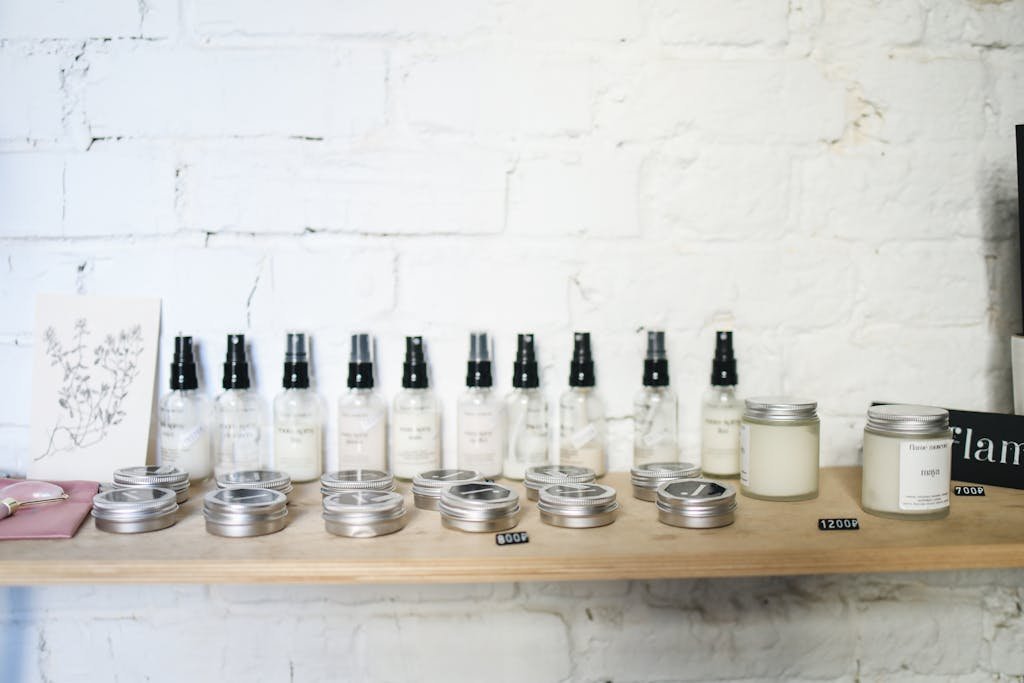
When it comes to picking the right moisturizer, we need to consider various types of moisturizing ingredients. There are several categories to think about.
- Occlusive Ingredients :
One of the key ingredients I want to discuss today is occlusive ingredients. These are substances that create a barrier on the skin, preventing water loss. Think of it like plastic wrap covering food in the fridge. It locks in moisture, keeping your skin hydrated as long as it stays on.
One of the most common occlusive ingredients is petroleum, found in products like Vaseline or Aquaphor. It’s thick and greasy, making it a great moisturizer. However, it’s not the most pleasant to use. You might have heard of “slugging” on skincare TikTok, where people coat their faces in Vaseline. It can be messy and uncomfortable, getting in your hair and ruining your bedding.
Luckily, skincare formulations have evolved to include more sophisticated occlusive ingredients like shea butter or squalane. These feel nicer on the skin and still do the job of trapping moisture. They offer what we call “cosmetic elegance,” making them a better choice for everyday use. So when you’re picking out a moisturizer, keep an eye out for these occlusive ingredients—they’re essential for keeping your skin hydrated.
- Humectants
Next, we have something called humectants, and perhaps the most classic humectant is an ingredient called glycerin that many of you will know. What humectants do is basicly attract water into the skin. So, while occlusives are containing the water that’s already in the skin, humectants are attracting water molecules in the atmosphere like magnets. So, if the air is humid, if you live in Hawaii, for instance, there’s going to be lots of water for those molecules to capture and pull into the skin.
However, if you live in a less humid environment, like the UK in winter, that water-attracting ability will be dragging water up from the deeper layers of the skin instead because there’s nothing to be attracted from the environment. So, we have to be careful when we use humectants and make sure to marrying them up with occlusives because otherwise, they will attract water up, and then the drier air will pull the water out of the skin. So, the net effect is to dehydrate the skin. Therefore, you need humectants in partnership with occlusives for the most part.
Other types of humectants include ingredients like hyaluronic acid, which are quite popular and you might be familiar with them. Hyaluronic acid is actually naturally present in our skin and contributes to its youthful bounce. It not only works on the surface as a moisturizer. but also helps maintain that plumpness.
However, don’t be mistaken if you’re considering investing in a pricey hyaluronic acid serum, it’s important to know you will not be getting hyaluronic acid into that deeper layer of the skin. because it will be simply sitting on the surface, acting as a moisturizing ingredient.
Another example is lactic acid, which is also an alpha hydroxy acid. Apart from its exfoliating properties, it acts as a humectant, drawing moisture into the skin.
- Emollients :
Next up, We then have Emollients. Emollients are often also Occlusive ingredients that act to smooth and soften the skin’s surface. I need you to think of moisturizing like giving your skin a smoothing treatment. Imagine your skin cells under a microscope: when they’re dry, they become rough and start to curl up at the edges, causing that rough texture you feel. So, with an emollient, you’re smoothing those edges down, making everything look and feel better.
- Barrier Repair :
Lastly, we have barrier repair ingredients.These are incredibly important because they help us undo some of the damage that happens through water exposure and cleansing. Ceramides are one key ingredient we can use to replenish our skin directly, Additionally we can include ingredients like niacinamide, which helps our skin make more of its own ceramide , further aiding in repair.
Can I use the same moisturizer in the morning as the evening?
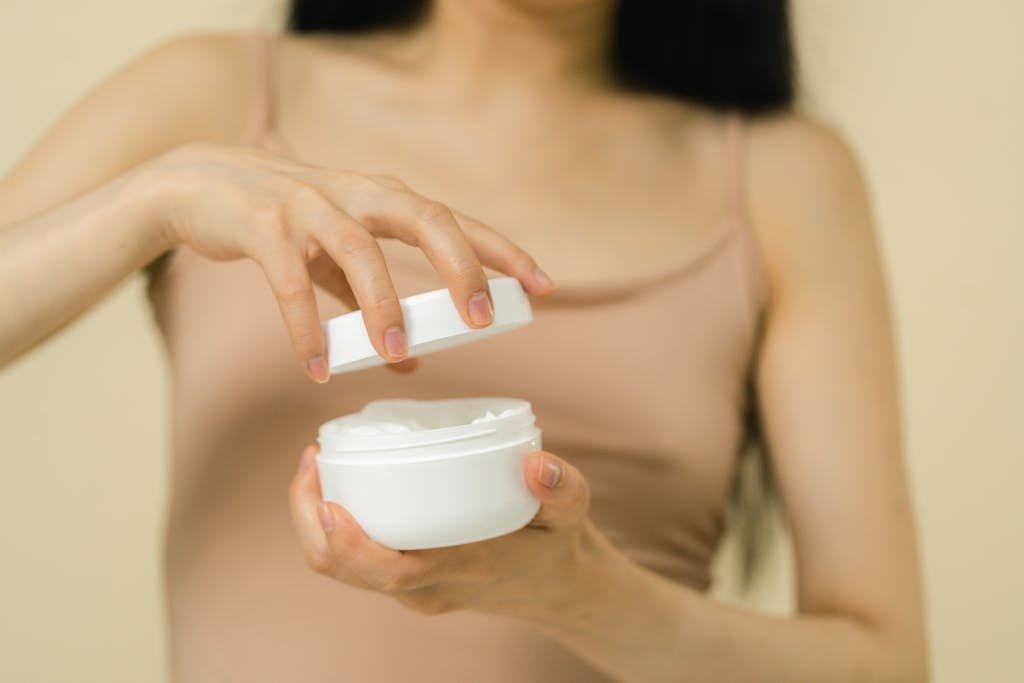
A really common question I had when starting my skincare routine, and I bet many of you have pondered too, is: Can I use the same moisturizer in the morning and at night? Well, if we’re talking about a basic moisturizer that doesn’t contain any hidden extra ingredients, the answer is a solid YES . There are no fundamental differences in the needs of the skin in the morning versus the evening.
However, the caveat to that is that for some individuals, the look and feel of their skin during the daytime might have different needs than at nighttime. So, at nighttime, you can be as greasy or shiny as you like in a way because you’re not putting makeup on and you’re not going out. So, what you slather on your skin before bed is all about functionality.
But during the day, how your skin appears after moisturizing affects how well the subsequent layers (like sunscreen and makeup) adhere and perform. If you’re layering SPF and makeup over your moisturizer, you might prefer a different texture. In practical terms, if your skincare routine involves active ingredients like Retinoids or Azelaic acid to target specific issues, having separate moisturizers for day and night could be beneficial.
A bad day moisturizer is something richer, more nourishing perfect for those days when your skin feels parched, maybe due to a restless night or because you’ve just started using certain actives that might cause irritation, and you want to neutralize that effect. On the flip side, A good day moisturizer is for when your skin is basically in better shape, more naturally hydrated, and you want something lighter. So, Having a selection of moisturizers with varying hydration levels allows you to tailor your skincare routine to your skin’s ever-changing needs.
moisturizer with SPF Vs moisturizer without SPF?
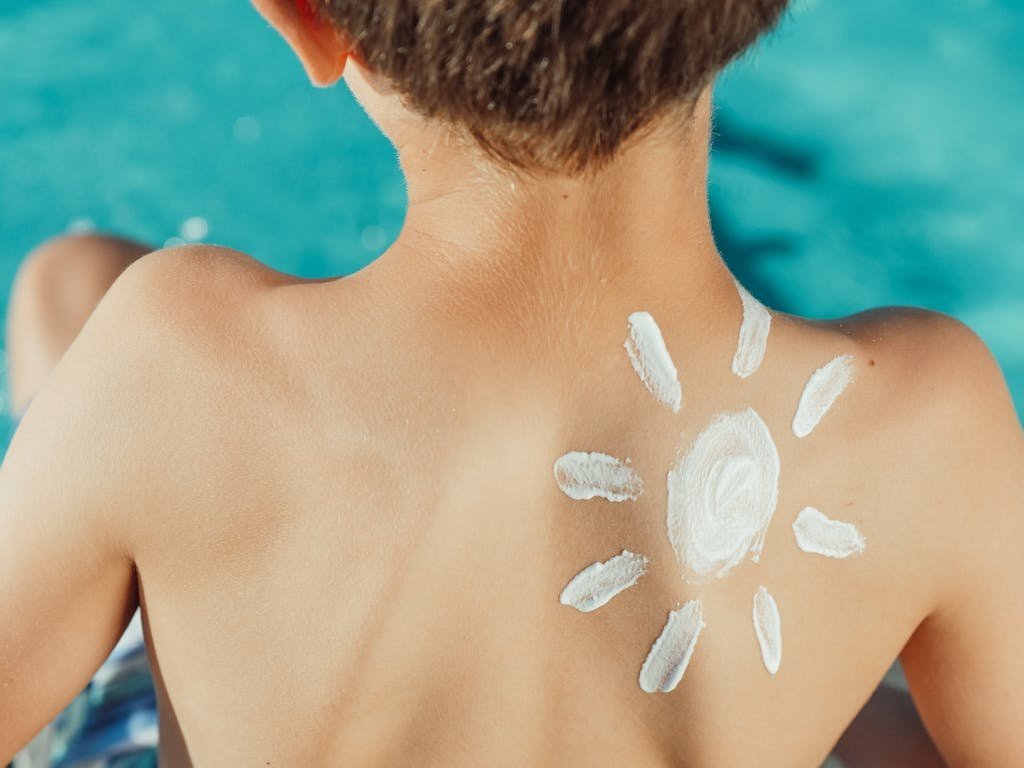
When it comes to moisturizers that contain additional functionalities, such as SPF, the question arises: do I use one of those, or do I stick with sunscreen on its own and use a separate moisturizer? I suppose that then comes down to prioritization. The way I look at it is this: the important part of that routine is that the sunscreen part is fixed. Most sunscreens already have some moisturizing properties. Depending on your skin type, you might prefer a sunscreen with a rich, hydrating base or one with a matte finish. So, your preference on how you like your sunscreen, it will, in some ways, dictate how you use a moisturizer or where you use a moisturizer.
Generally, SPF moisturizers may not provide as strong UVA protection. My advice generally is to stick to splitting out your moisturization and your sunscreen. So, you pick the sunscreen that you need, and ideally, that should be a sunscreen with high SPF and good UVA protection. Then, you customize what moisturizer you need where, depending on how that sunscreen sits on your skin.
For me, for instance, I use Sunscreen all over as one should, because sunscreen should be applied in an even layer all over. But I use Moisturizer where I tend to be drier, so that’s around my eyes, often around my mouth because retinoids can make the chin a little dry, and that will be sufficient for me. So, you work out what you need where, and I think with moisturizer, there is no imperative to apply the product all over your skin; you apply it where you need it.
How To Find The BEST Moisturiser For Your Skin Type
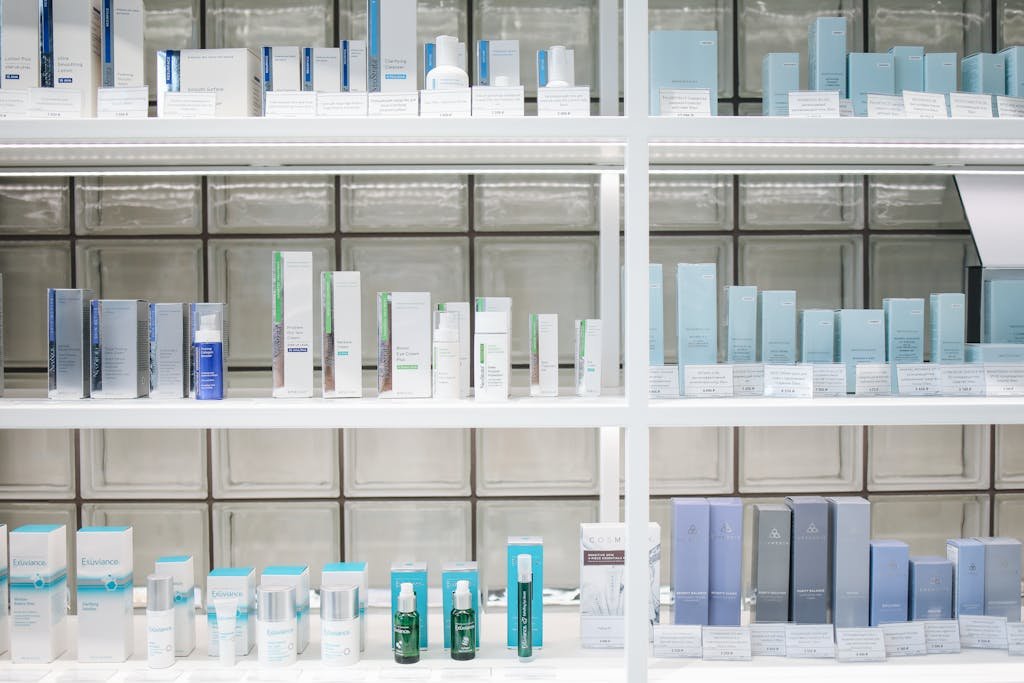
When it comes to choosing a moisturizer, the most important thing is finding one that suits your skin type and feels good on your skin. For instance, if you have oily skin, you might prefer a moisturizer with a matte finish, while those with dry skin might like something that leaves a dewy look. However, regardless of the finish, you can still find moisturizers that have the same key moisturizing ingredients.
For example, if you are someone who have oily areas like the T-zone but dry cheeks like me , something I like to go for is the Avene Tolerance Extreme Emulsion, which is a squalene-based moisturizer. It delivers a lovely finish on the skin, not too heavy, and it lasts because the occlusive element in there means that it doesn’t disappear off the skin halfway through the day, leaving you dry for the rest of the day. I think that’s really important, especially if you’re spending your day in an office with central heating or air conditioning on. Water is going to be escaping from your skin throughout the day, and what you want is a moisturizer that lasts the distance.
For those who have dry skin or prefer something richer and heavier for nighttime, particularly if you’re using actives or starting out in winter, all those factors can increase the irritability of your skin. Then, a thicker moisturizer like Obagi’s Hydrate Luxe can be a good choice. It feels rich on the skin and helps prevent water loss, thanks to ingredients like shea butter.
Ultimately, it comes down to personal preference the best moisturizer for you depends on your skin’s needs . Just make sure to look for moisturizers with a good balance of ingredients to keep your skin healthy and looking its best, because hydrated skin always looks great.
The bottom line
In conclusion, I believe a moisturizer is a skincare essential. It’s something you can tailor to your skin’s current condition, the environment you’re in, and what other products you’re using alongside it. Some flexibility is good because the needs of your skin will change over time; it’s a living organ that responds to various factors. For instance, your skin’s hydration levels vary throughout the month, and different seasons demand different care.
If you’re like me, always on flights or lacking sleep, these factors affect how well your skin retains moisture. That’s where your moisturizer comes in as your reliable ally, ensuring your skin stays comfortable and your protective barrier remains intact.
I hope today’s article helped you understand what a moisturizer is doing for your skin and how you can go about finding the right one for you.
Your feedback matters, so please share your thoughts if you found this article helpful.

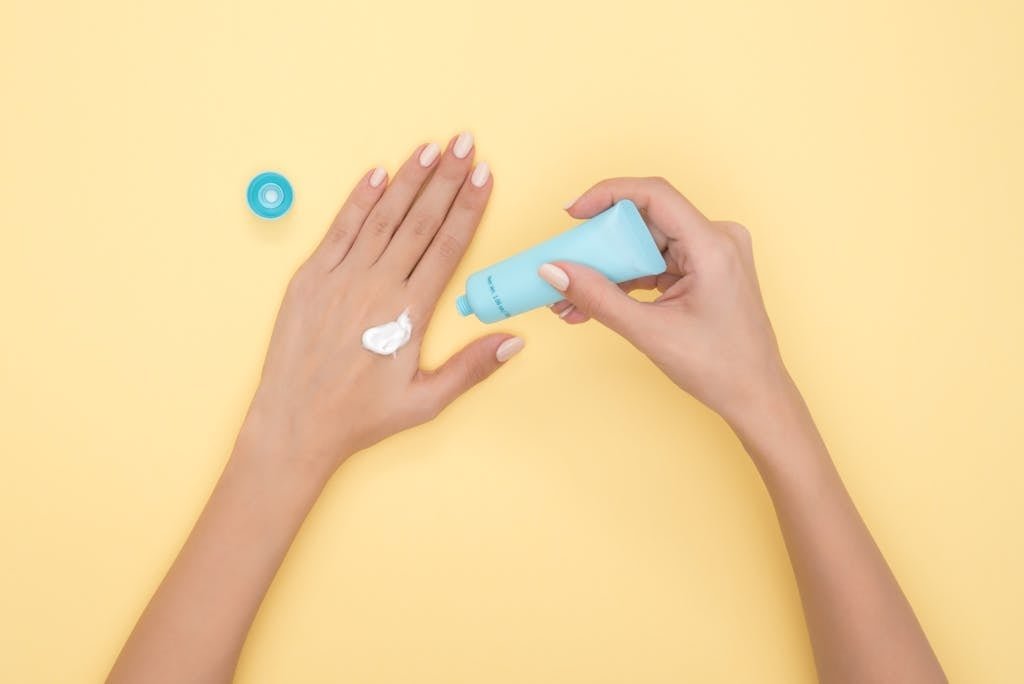

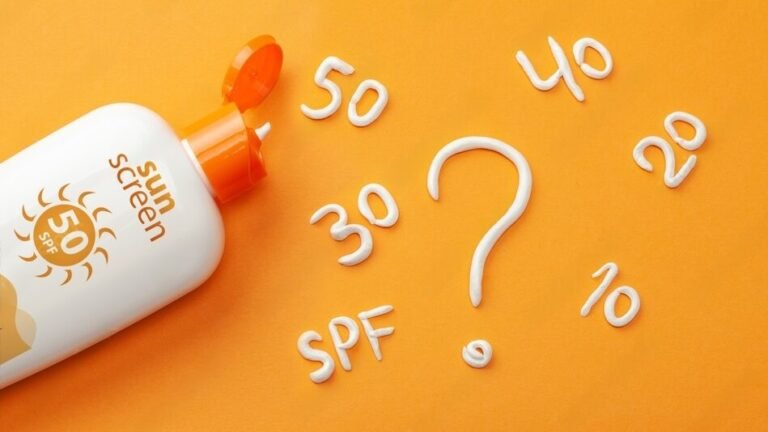
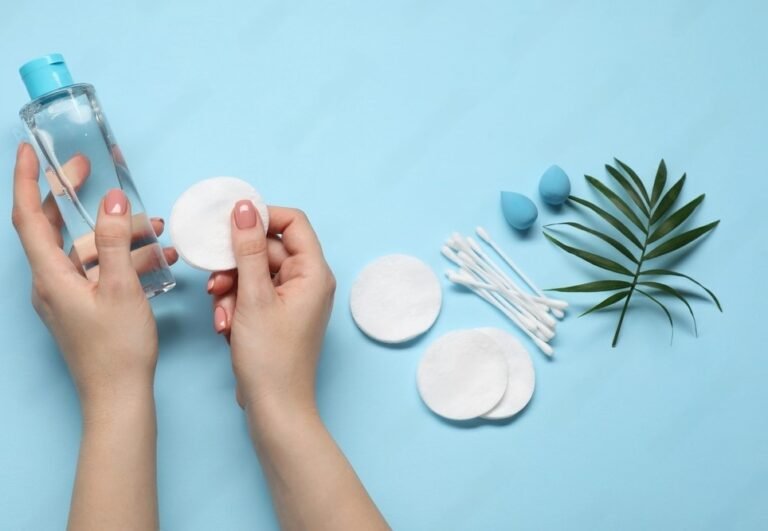
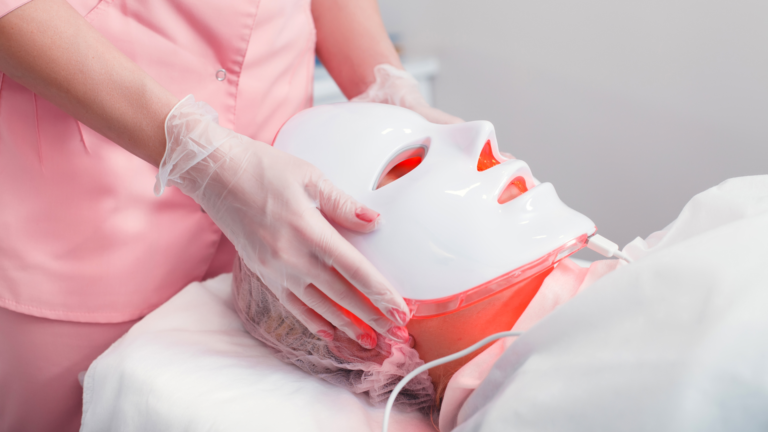

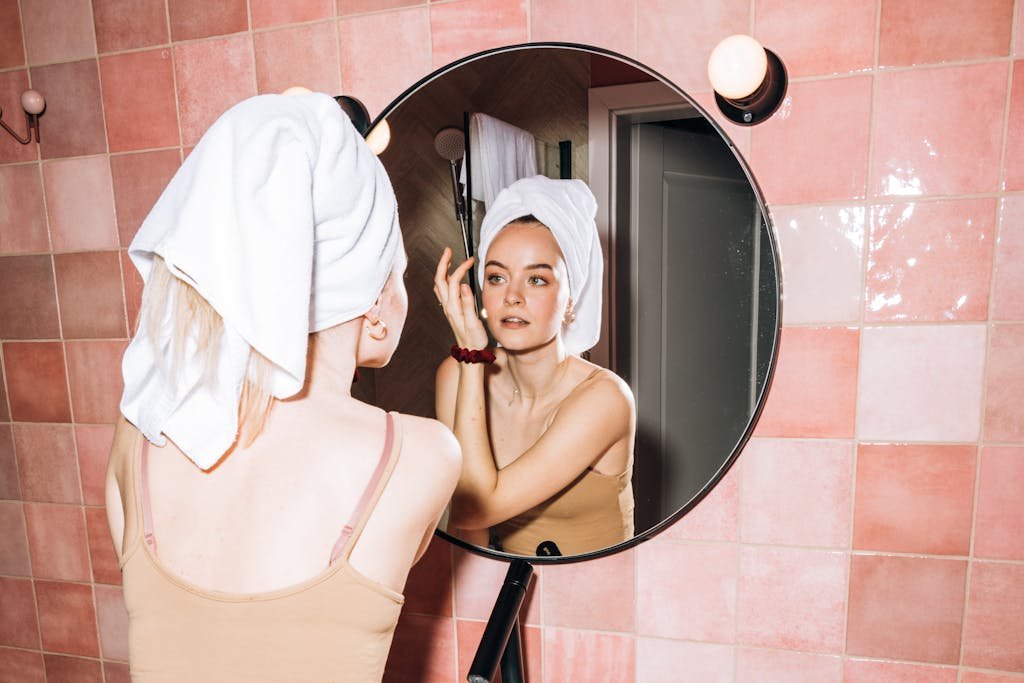
This is soooo informative, I like how you took time to explain everything so well.